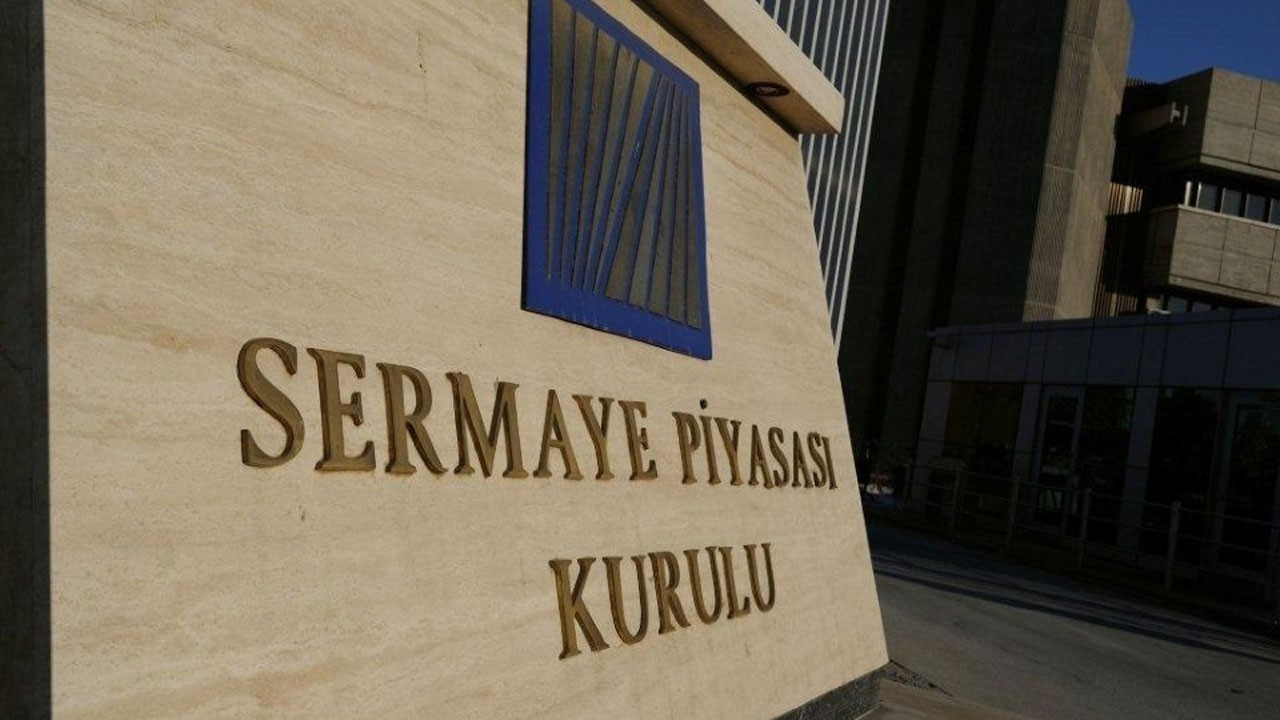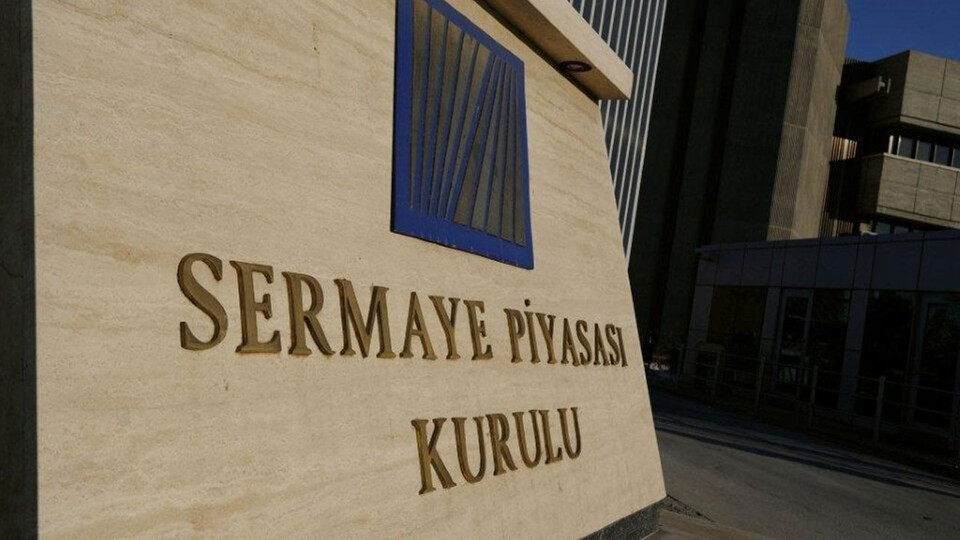
Artificial Intelligence is Transforming Biotechnology!


Boston, October 24, 2025 (GLOBE NEWSWIRE) -- Artificial intelligence (AI) is revolutionizing the biotechnology sector. Its impact is being demonstrated across various areas, from accelerating drug discovery to simplifying clinical trials, and enhancing diagnostics and genomics research. The global AI biotechnology market, which reached $3.8 billion in 2024, is expected to attain $4.6 billion in 2025, growing to $11.4 billion by 2030, reflecting a compound annual growth rate (CAGR) of 20%. Leading companies include Nvidia, Tempus AI Inc., Recursion Pharmaceuticals, Schrödinger Inc., and Sophia Genetics, and these companies are supporting this evolution with innovations like machine learning, generative artificial intelligence, and federated learning.
The North American market is driven by its mature healthcare infrastructure and the high adoption of AI in drug development processes, while Europe contributes to this development through strong research funding, regulatory advancements, and collaborative innovation among biotechnology hubs.
Insights and Strategic Investment Trends
AI is playing a significant role in transforming the drug development value chain. We are witnessing acceleration across processes, from target identification and protein structure prediction to preclinical trial simulations and personalized therapies. Pharmaceutical and biotechnology companies are utilizing AI-powered platforms to reduce trial durations, lower R&D costs, and improve precision medicine outcomes. These innovations optimize processes in the sector through energy-efficient production and data management.
Emerging biotech companies are turning to AI solutions to sustain innovation and revenue growth as they approach the 2030 timeline for drugs like Keytruda and Opdivo. Investors are becoming eager to invest in AI-powered platforms capable of creating new drug candidates and simulating efficacy in silico. Additionally, federated learning and agency AI are emerging as key technologies for secure data collaboration and multi-decision-making processes.
Regulatory frameworks are evolving to address the complexities of integrating AI into biotechnology workflows. Regulatory bodies are working to provide clearer guidance on algorithm validation, data quality, and transparency – particularly in their applications in clinical trials. For market players, early compliance with new requirements will be critical for obtaining approvals for AI-powered products and ensuring growth on a global scale.
Venture capital and corporate funding are increasingly directed towards AI-focused biotechnology ventures, such as Insilico Medicine, Deep Genomics, and Aizen Therapeutics. These firms are developing proprietary AI engines aimed at producing new molecules and extracting genetic insights. These investments are not only accelerating early-stage drug processes but also enabling adaptive clinical trial designs.
Academic research institutes, clinical research organizations (CRO), and clinical data management organizations (CDMO) are adopting cloud-based deployments for scalable and collaborative AI solutions. Cloud-based platforms are offering real-time data analytics, interactivity, and global collaboration in biotechnology research. Meanwhile, companies are increasing transparency, data ethics, and sustainability practices in AI development processes, also embracing environmental, social, and governance (ESG) initiatives.
```Benzer Haberler
.png)
Yakında Tüm Platformlarda
Sizlere kesintisiz haber ve analizi en hızlı şekilde ulaştırmak için. Yakında tüm platformlarda...










.png)